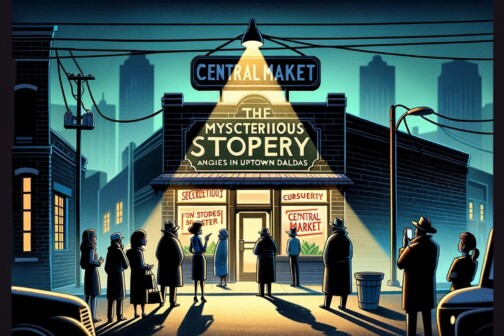Just before publicly making his unsurprising admission on Monday that he had used steroids during his playing career, former Oakland Athletics and St. Louis Cardinals slugger Mark McGwire called Don Hooton, of Plano, to apologize.
Hooton’s teenage son, Taylor, was a baseball player at Plano West Senior High School, and he committed suicide in 2003. At the time of his death he was using steroids, and Mr. Hooton has been crusading against the drugs ever since, through the Taylor Hooton Foundation.
Though it was certainly a thoughtful gesture on behalf of McGwire to reach out to Hooton, I was reminded that it’s less than clear cut that Taylor Hooton’s suicide was a result of his steroids use. It’s a possibility, but in an appearance in the eye-opening 2008 documentary Bigger, Stronger, Faster*, Hooton seemed not even to care to consider the other factors at work. After the jump, what I wrote in a review of the film for People Newspapers.
There’s a heartbreaking scene in the new documentary Bigger, Stronger, Faster* in which Don Hooton, the West Plano man who has crusaded against anabolic steroids ever since his son committed suicide, explains to the film’s director why the Taylor Hooton Foundation website makes no mention of the anti-depressants — drugs that have been linked to suicidal tendencies — his son was taking that also may have contributed to his death.
Hooton is clearly upset by the suggestion that steroids might not be to blame.
“All the intellectual arguments about whether steroids are dangerous or not don’t matter to me,” he says. “I know they’re dangerous. I saw it with my own eyes, and I watched my son die.”
It’s a telling moment in an entertaining and thoughtful film that begins by aiming to lay out the reasons behind Americans’ unbridled desire to be the biggest and the strongest. In the end, writer-director Christopher Bell examines just as much about the tendency of American culture to paint the world’s dangers in broad stokes of black and white. Mr. Hooton’s apparent refusal to hear any evidence contrary to his convictions echoes much of today’s politics.





